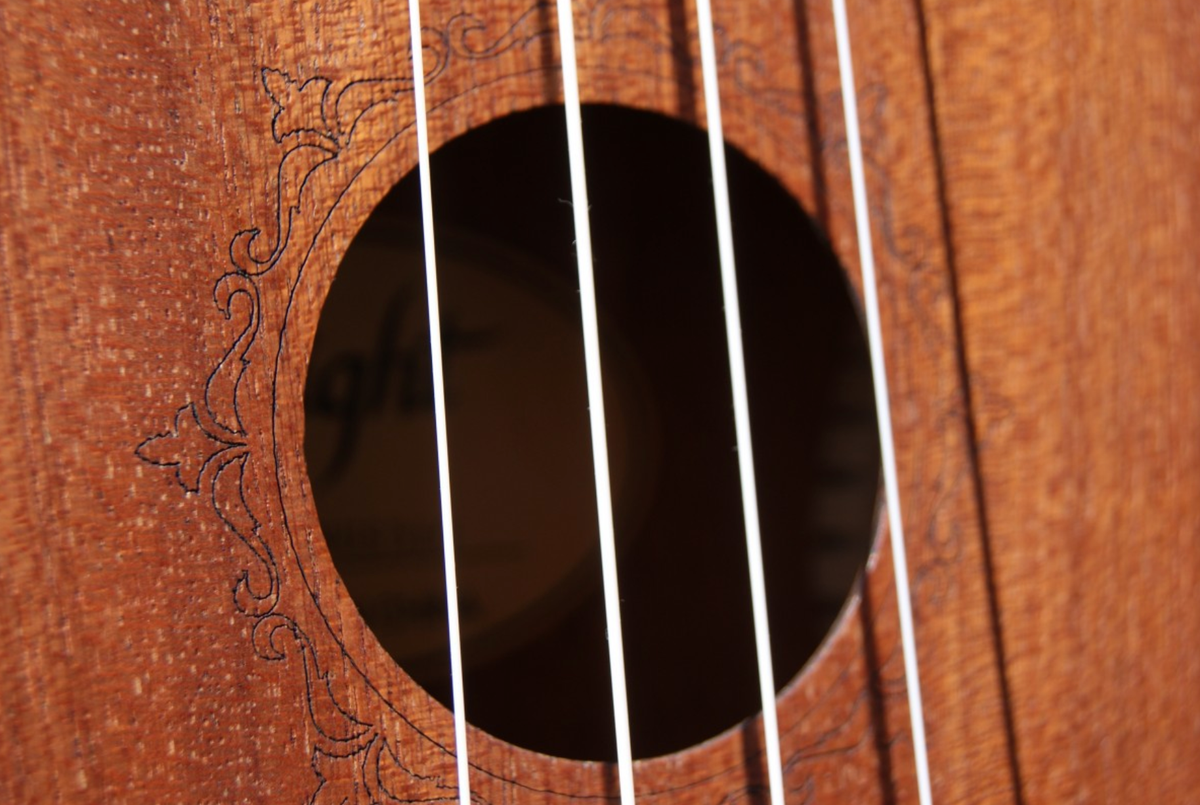Good Practice Techniques for Graded Examinations – PART III

Parts 1 and Part 2 covered what, why and how to practise and the final article explores the final stages of examination preparation.
When to change the focus of practice
Once the initial stages of learning are secure and the musical detail, phrasing, interpretation and speed are stylish, the focus of practice changes – we are no longer practising for the purpose of learning a piece, but practising performing the piece. Neglecting this vital stage of preparation is probably the main reason why candidates don’t play as well in an examination as they play for their teacher. A few weeks before the examination, the candidate should practise performing to friends and family, both at home and in a different location, such as at school. Teachers’ informal concerts provide an opportunity for students to perform for each other and for parents or friends. These early performances tend to flag up any areas that are less secure while there is still time left to work on them.
It’s good to practise not just performing in front of different people but also to practise ‘stage presence’. A fascinating study, documented by Noa Kageyama, found that it’s important to make a confident entry onto the stage (or into the examination room). Musician audiences rated piano performances lower when the pianists’ stage entrance was timid.
Having a performance ‘poker-face’ that does not betray any recognition if a mistake is made is also important. When comparing performances in which pianists made mistakes, musicians were surprisingly forgiving if the performer showed no facial expression of frustration when mistakes were made. They rated the performances higher than those where pianists made mistakes but shook their heads and looked frustrated.
The supporting tests can be ‘performed’ too when the examination date is coming closer. Security of technical work needs to be tested now; a parent or friend could help by asking for scales, arpeggios or exercises to be played. A prompt, fluent response is needed, with no prior delay in working out the notes. Sight reading tests might be practised using a timer at this stage to be sure the 30 seconds’ preparation time is used wisely. Aural tests will be secure by now if the student has been practising online for several weeks.
Final preparations
The actual examination situation is unfamiliar and many candidates feel rather anxious, which actually makes it more difficult to focus on their performances. A nervous candidate may have 60% of his concentration on the music and 40% of his thoughts on the unfamiliarity of the situation, on the presence of the examiner, and on worrying about making mistakes. In this situation, candidates tend to go into ‘survival mode’, in which they concentrate almost exclusively on getting the notes right and neglect the musical detail. Adult candidates are particularly prone to paralysing examination nerves that can prevent basic fluency and accuracy, let alone expressiveness but practising performing will hopefully have given extra confidence.
It can also be useful for a candidate who has never taken an examination before to find out exactly what happens by watching this Trinity College London video:
The young guitar candidate, taking Grade 1, plays with a well-projected tone and it will be reassuring for students to hear that musical playing is not necessarily perfect!
On the day
Candidates, please remember that warm-up time is not last minute practice time – you should have completed your practice before today! Warm-up time is simply a few minutes when a candidate warms up her fingers or voice and, in some instances such as woodwind, warms up the instrument. The best plan is to warm up with something easy that is not going to be assessed on the day, then go into the exam, smile confidently and perform with fresh enthusiasm.





